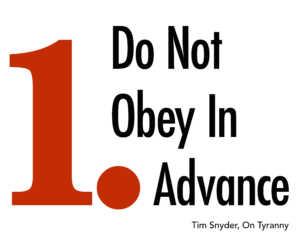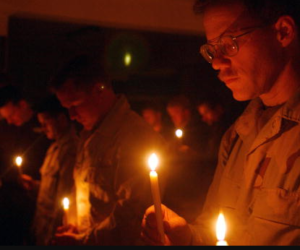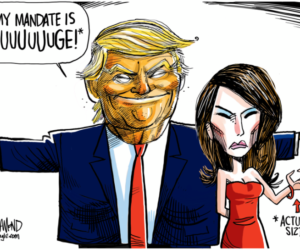In 2010, Andrew Breitbart released a short video of Shirley Sherrod – who was then the Georgia State Director of Rural Development for the Department of Agriculture — which showed her making seemingly racist remarks at an NAACP event about how she refused to help a poor farmer because he was white. I was one of the first people to contact Breitbart on Twitter and email asking to see the full video for more context. Breitbart’s response was to openly mock me, tweeting, “What, do you think later in the video she says, ‘Just kidding, that would be racist!'” Of course we now know that a day later the full video was released showing Sherrod telling a coming-of-age story of how she overcame her prejudices, helped the white farmers, and saved their farm. But by this time she had already been humiliated and fired from her job, her life irrevocably damaged. Breitbart, in reaction to these revelations, doubled down, claiming that “this was never about Shirley Sherrod,” and even went on to argue he was the real victim of the video’s backlash.
Breitbart was a sometimes-hateful man who held grandiose visions of himself as a right-wing martyr, one who was willing to throw himself in harm’s way against liberal demons, both real and imagined. His favorite pastime was retweeting others who lashed out at him on Twitter. One of his last public appearances was captured on video, with him screaming at a group of Occupy protesters, “BEHAVE YOURSELF!” and “STOP RAPING AND MURDERING PEOPLE!!” It is an understatement to say that he never backed down from a fight.
Still, I have to admire him for what he accomplished. He built an online media empire completely from scratch. His handling of the Anthony Weiner saga, slowly releasing a string of leaked photos rather than publishing them all at once, showed his understanding of how one owns a story in the internet age. He nurtured a new generation of right wing activists and pioneered his own version of conservative muckraking journalism.
I remember one day a year ago, after seeing a stream of vitriol emanating from Breitbart’s Twitter feed, I tweeted at him asking why he never tweeted about anything joyful and positive. Perhaps I struck a nerve, because his tweet back at me was the first of his I’d ever seen that wasn’t dripping with antagonism. It was a link to a YouTube video, some kind of old clip from a musical he obviously loved — I wish I could track it down, but it was too long ago. It was a brief glimpse of the man Andrew Breitbart was when he wasn’t engaged in fist fights with his enemies, the man his wife and kids and close friends knew. I was shocked to hear of Andrew Breitbart’s death this morning. My first thought wasn’t of Shirley Sherrod or James O’Keefe or Acorn or his CPAC appearances. It was of that tweet. I don’t think Breitbart was a saint or a particularly intellectually honest man for that matter, but I’m sorry to see him go and glad I got to see one brief flicker of humanity in my mostly-online interaction with him. Rest in peace.

















